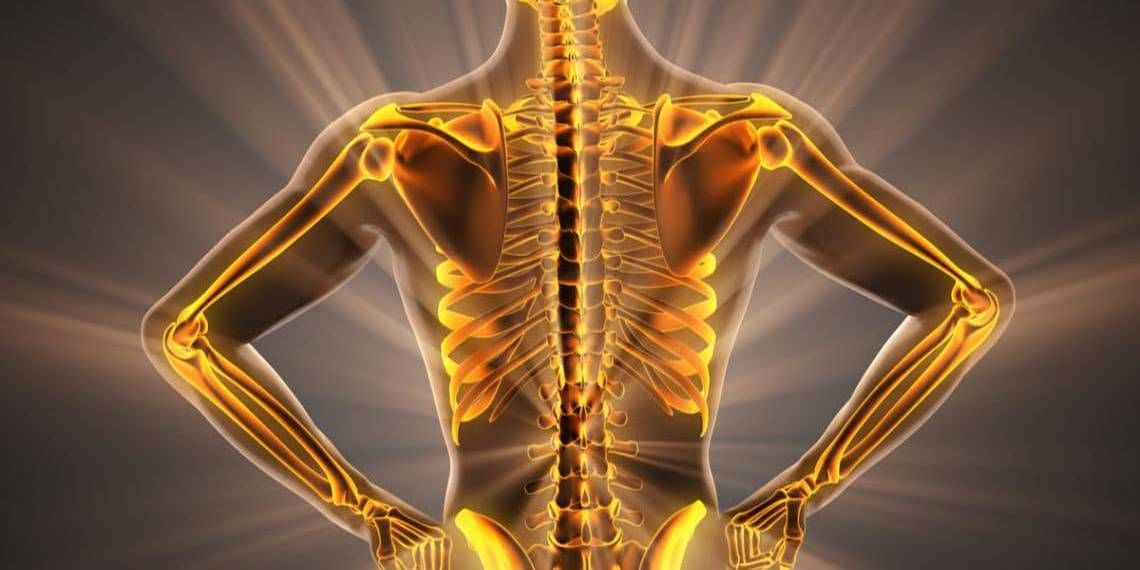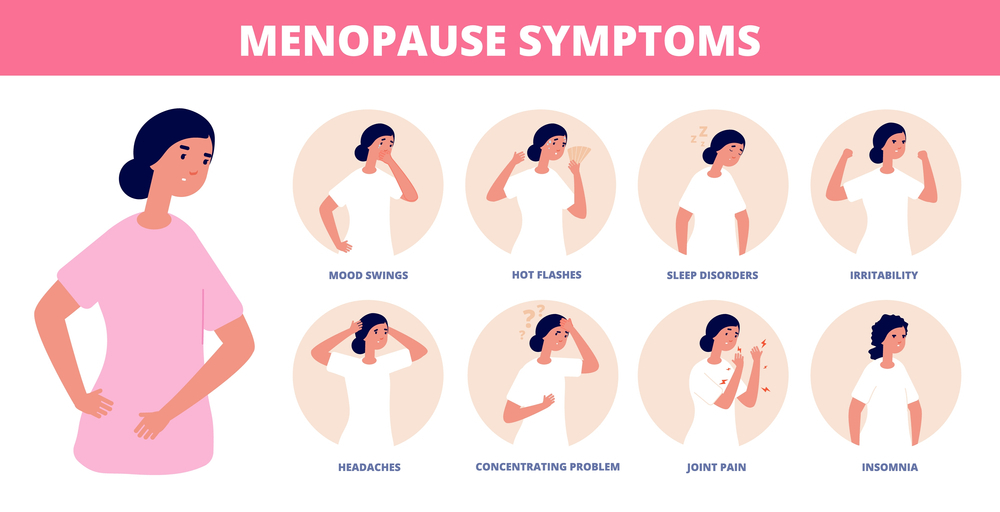Is Calcium Supplement Important for All Women?
By Ashmal Shah
3 June 2023
Calcium is an essential mineral that plays a crucial role in maintaining strong bones and overall health. Women, in particular, have unique calcium needs due to factors like pregnancy, lactation, and menopause. While a balanced diet rich in calcium-rich foods is ideal, many women may wonder if they need to supplement their calcium intake. In this article, we will explore the importance of calcium supplements for women and when they may be necessary.

Building Strong Bones:

Calcium is vital for building and maintaining strong bones. Women are more prone to developing osteoporosis, a condition characterized by weak and brittle bones, especially as they age. Adequate calcium intake, along with vitamin D and other nutrients, helps maximize bone density during childhood and adolescence, reducing the risk of osteoporosis later in life. Calcium supplements can be beneficial for women who struggle to meet their daily calcium requirements through diet alone.
Meeting Increased Calcium Needs During Pregnancy and Breastfeeding:
Pregnancy and breastfeeding increase a woman's calcium requirements. Calcium is essential for fetal skeletal development and the production of breast milk. If a pregnant or breastfeeding woman does not consume enough calcium through her diet, her body may draw calcium from her bones to meet the baby's needs. Calcium supplements can help ensure both the mother and baby receive adequate calcium to support healthy bone growth and development.
Addressing Calcium Deficiency:

Many women may experience calcium deficiency due to various factors, such as a poor diet, lactose intolerance, or restricted food intake (e.g., vegan or dairy-free diets). Calcium deficiency can lead to a range of health issues, including weakened bones, increased risk of fractures, and muscle cramps. In such cases, calcium supplements can help address the deficiency and prevent long-term health complications.
Managing Symptoms of Menopause:

During menopause, women experience a decline in estrogen levels, which can contribute to bone loss and an increased risk of osteoporosis. Calcium supplements, along with other measures like hormone therapy and regular exercise, can help manage menopausal symptoms and maintain bone health. It is important to consult with a healthcare professional to determine the appropriate calcium dosage during this stage.
Considerations for Postmenopausal Women:

Postmenopausal women are at a higher risk of osteoporosis and fractures due to hormonal changes. Calcium supplements, in conjunction with vitamin D and other bone-supporting nutrients, can play a vital role in maintaining bone health and reducing the risk of fractures. However, it's crucial to note that excessive calcium intake through supplements may have adverse effects. It is recommended to consult with a healthcare professional to determine the appropriate calcium dosage based on individual needs and overall health status.
It's worth emphasizing that while calcium supplements can be beneficial, they should not replace a well-balanced diet. Good dietary sources of calcium include dairy products, leafy green vegetables, fortified plant-based milks, and calcium-rich seafood like salmon and sardines. Aim to incorporate these foods into your daily meals and consider supplements as a complementary measure when necessary.
You Might Also Want To Read This
Popular Posts







